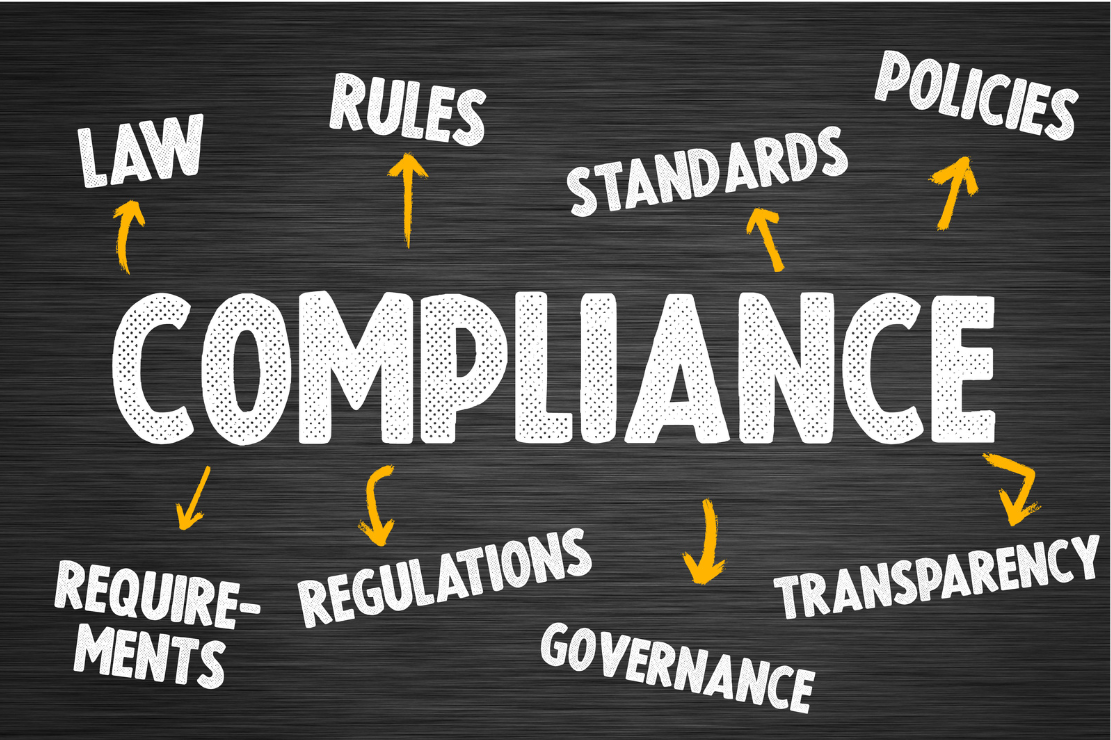Navigating The Renters' Rights Bill: Practical Steps For Landlords
The Renters' Rights Bill is expected to bring the most significant changes to the private rented sector (PRS) in decades. For landlords, this is a defining moment: adapt early and future-proof your portfolio, or risk falling behind as enforcement tightens and tenant expectations rise.
But there’s no need to panic. While the reforms are wide-reaching, they’re designed to raise standards — not punish professional landlords. In fact, those who prepare now are likely to see longer tenancies, fewer disputes, and more stable returns.
This guide breaks down the key elements of the Bill and provides practical, no-nonsense steps to help you navigate what’s ahead.
What Is the Renters' Rights Bill?
The Bill aims to rebalance the landlord-tenant relationship by prioritising fairness, security, and accountability across the PRS. Here are the main proposed changes:
- Abolition of Section 21 ‘No-Fault’ Evictions: Landlords will only be able to regain possession using valid legal grounds under Section 8.
- Rolling Tenancies: All fixed-term tenancies will automatically convert to periodic.
- Rent Increase Limits: Rent can be increased only once per year and must reflect market value. Two months’ notice is required.
- Mandatory Landlord Registration: A national database will record all private landlords and their compliance status.
- New Ombudsman Scheme: Tenants will have access to a single, impartial complaints resolution service.
- Ban on Blanket Pet Restrictions: Landlords must consider pet requests fairly and cannot apply a blanket ban.
- End to Discrimination Against Tenants on Benefits or with Children.
- Lifetime Deposits and No Bidding Wars: Tenants will be able to transfer deposits between properties, and landlords must advertise a fixed rent.
These measures aim to professionalise the sector and ensure safer, more secure homes for tenants — and stronger, more resilient businesses for landlords.
What the End of Section 21 Really Means
Section 21 currently allows landlords to serve notice without providing a reason. Once abolished, landlords will need to use Section 8, which requires valid grounds such as rent arrears, breach of contract, sale of property, or moving in a family member.
Implications:
- Documentation will become vital for possession claims.
- Tenancy agreements must clearly outline expectations.
- Landlords may need to budget for longer eviction timelines due to increased pressure on the courts.
Tip: Familiarise yourself with all Section 8 grounds and seek legal advice to ensure tenancy clauses align.
How to Prepare for Rolling Tenancies
All tenancies will become periodic by default, removing the certainty of fixed terms. While this offers flexibility, it also means landlords must be more responsive.
Risks and Considerations:
- End-of-tenancy timing becomes harder to control.
- Tenant turnover may be more unpredictable.
Best Practice:
- Strengthen tenant relationships to encourage long-term lets.
- Use clear communication and documented processes for inspections and notice periods.
Rent Increases: Know the Limits
Landlords will be restricted to one rent increase per year, with two months' notice. Increases must be in line with market conditions and demonstrably fair.
What You Can Do:
- Carry out annual market rent reviews and document your findings.
- Avoid sudden, large increases — steady rises maintain goodwill and compliance.
- Consider independent valuations if justifying a significant increase.
Understanding the Landlord Registration Requirement
All private landlords will be required to register on a national database, providing proof of compliance (e.g. gas safety, EPCs, deposit protection, EICRs).
Why This Matters:
- Non-registration may result in financial penalties or bans on letting.
- Tenants will be able to access this information.
Action Steps:
- Start collating all your certificates and compliance documentation.
- If you operate in a council with selective licensing, use those systems as your baseline.
New Ombudsman Scheme: What It Means for You
The Renters' Rights Bill introduces a mandatory ombudsman service to resolve tenant complaints without going to court.
Benefits for Landlords:
- Lower legal costs and quicker resolutions.
- Encourages accountability and transparency.
What to Do Now:
- Maintain records of all tenant communications and repair logs.
- Review and formalise your complaints-handling process.
Additional Reforms You Need to Know
Pets: Landlords must not impose blanket bans and must fairly assess requests. Insurance to cover pet damage may be required.
Discrimination: Landlords can no longer refuse tenants based on them having children or receiving benefits.
Lifetime Deposits: Deposits will follow the tenant from property to property — reducing admin and improving tenant mobility.
No Bidding Wars: The advertised rent must be honoured, with no ‘best offers’ accepted above it.
New Safety & Standards: Awaab’s Law and Decent Homes
The Bill extends Awaab’s Law to the PRS — requiring landlords to address health hazards like mould or damp within strict legal timeframes.
The Decent Homes Standard, long used in social housing, will also apply to PRS properties. Landlords will need to ensure:
- Homes are free from serious hazards.
- Kitchens, bathrooms, and heating systems are modern and functional.
- Ventilation and insulation are adequate.
Tip: Conduct a property audit now to assess where your property may fall short — and plan improvements proactively.
Energy Efficiency Reforms on the Horizon
Although not part of the Bill, EPC reforms are in consultation. The government has signalled that PRS homes may be required to meet a higher EPC+ standard (targeting EPC C) between 2026–2028.
Prepare by:
- Replacing outdated heating systems.
- Adding insulation or ventilation upgrades.
- Exploring smart heating controls.
Proactive Steps to Take Now
To stay ahead of the changes and protect your portfolio, here’s your checklist:
- Review Tenancy Agreements
Ensure they are flexible and compliant with Section 8 and periodic tenancy rules. - Digitise Record-Keeping
Use property management software to track payments, repairs, and communication. - Train Your Team or Letting Agent
Make sure everyone understands how the reforms affect their day-to-day role. - Join Professional Associations
Stay informed through updates from landlord groups, ARLA, or your local authority. - Create a Compliance Pack
Collate all required certificates and be ready to register when the national portal goes live. - Start Property Improvements Now
Fix known hazards, update old systems, and prepare for the Decent Homes Standard.
Common Misunderstandings
“I won’t be able to evict tenants anymore.”
False. You’ll still be able to evict using Section 8 — but only with valid grounds and proper documentation.
“These changes will destroy landlord profits.”
Not necessarily. Good landlords who offer quality, compliant homes often attract longer-staying tenants and fewer costly disputes.
“I’ll wait until it’s all law before making changes.”
That’s risky. Many reforms will be phased in from late 2025 through 2027 — leaving little time to adapt once deadlines hit.
Final Thoughts: Landlords Who Prepare Will Thrive
The Renters’ Rights Bill is not the end of the PRS — it’s a modernisation. A more transparent, fair, and professional system benefits tenants and landlords alike.
Landlords who adapt early, maintain high standards, and document everything will be in the strongest position to navigate this change — and stand out in an increasingly competitive market.
Think of your property as a professional business. Keep it compliant, tenant-ready, and future-proofed — and it will continue delivering strong returns for years to come.
Do you need to brush up on your compliance? Or maybe you are unsure about the new laws and legislations that could be coming into place? If so, Click here to explore our consultation options and connect with one of our property experts today to ensure that you get the right support!








